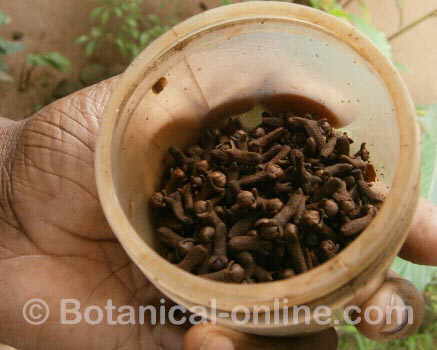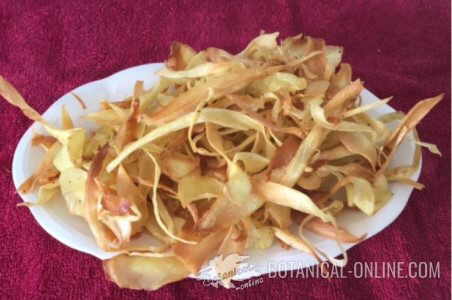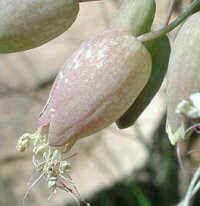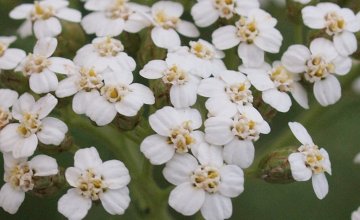Contents
- 1 Toxicity and adverse effects of berberine
- 1.1 What is berberine and what is it used for?
- 1.2 Benefits and uses of berberine
- 1.3 Berberine toxicity and adverse effects
- 1.4 Main risk of berberine supplements
- 1.5 What are the contraindications of berberine?
- 1.6 Can you take berberine and statins together?
- 1.7 Berberine and coenzyme Q10 deficiency
- 1.8 Berberine during pregnancy, lactation and in children
- 1.9 Berberine for diabetes
- 1.10 Side effects of berberine
Toxicity and adverse effects of berberine
What is berberine and what is it used for?
Berberine is a substance or active principle found in the roots and stems of some plants, usually barberry (Berberis vulgaris). Supplements found in herbalists and pharmacies are usually concentrated extracts used mainly for cholesterol-lowering, anti-inflammatory, and antidiabetic purposes.
Benefits and uses of berberine

Berberine is one of the most promising supplements out there. It has properties for the treatment of numerous diseases such as diabetes, arteriosclerosis, polycystic ovaries (PCOS), and even cancer. It also has antioxidant, anti-inflammatory, antibiotic, antiviral, antifungal, and deworming properties.
The truth is that berberine, which seems almost miraculous, has few contraindications, but these are important, as in some cases it can have serious consequences.
Berberine toxicity and adverse effects
It is an alkaloid that is metabolized by the liver and excreted primarily through bile. Therefore, its target organ is the liver.
According to one of the latest reviews on scientific studies on berberine, “Berberis Vulgaris and Berberine: An Update” by authors M. Imenshahidi and H. Hosseinzadeh (2016), berberine is a substance with low toxicity and few adverse effects. Among the few adverse effects of berberine that have been reported in clinical studies are mild digestive disturbances, such as diarrhea or constipation.
Main risk of berberine supplements
The main and most important precaution with this supplement is that it should not be combined with medications without medical advice, as adverse effects may occur, such as possible cardiac toxicity in the case of certain types of antibiotics, hypoglycemia when combined with other antidiabetic drugs, loss of effect of antidepressants, or other possible interactions that have not yet been described.
Another important information is that this component is metabolized in the liver, its primary target organ. People with liver disease (cirrhosis, hepatitis, fatty liver) should consult their doctor first and undergo regular checkups. Some professionals consider that in these cases the use of milk thistle is more appropriate, as it also has antidiabetic and cholesterol-lowering properties.
What are the contraindications of berberine?
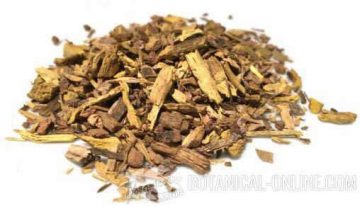
Among the main contraindications of berberine supplements we mention the following:
- Drug interactions: People taking medication should consult their doctor before taking berberine, as it has a high risk of interacting with medications such as Sintrom or medications for hypertension (medical supervision is required in these cases).
- Metformin, oral antidiabetics and insulin: The concomitant use of berberine with antidiabetics is not recommended without medical supervision.
- It has also been described to interact with phosphodiesterase inhibitors used for erectile dysfunction and diabetes. (Berberine is known to inhibit the CYP2D6, CYP2C9, and CYP3A4 pathways, so it may interfere with drugs that use these enzymes to metabolize.)
- Antibiotic treatments: Berberine interacts with macrolide antibiotics such as azithromycin and clarithromycin at the heart’s potassium channels (HERG), which can lead to severe cardiotoxicity.
- Heart medications: It has been described that it may increase the bioavailability of digoxin (a drug used for heart failure).
- Antifungal medications: It increases the absorption of ketonazole (antifungal medication) (synergistic effect).
- Organ transplant: It increases the bioavailability of cyclosporine, an immunosuppressive drug widely used in people who have undergone an organ transplant.
Can you take berberine and statins together?
According to scientific studies, berberine is a treatment of choice for people with hypercholesterolemia who cannot tolerate statin treatment or who refuse it for fear of adverse effects. Due to the reported potential interactions between medications and berberine, it is normal to wonder whether statin medications are incompatible with taking berberine.
Berberine and coenzyme Q10 deficiency
As with statins, some experts recommend taking coenzyme Q10 during treatment with berberine, as it could decrease Q10 levels in the body. However, It is worth mentioning that in scientific studies with berberine, such supplementation was not practiced, and benefits were still observed.
Berberine during pregnancy, lactation and in children
Medicinal plants rich in berberine are abortive plants, so berberine is contraindicated during pregnancy and breastfeeding. Children should also not take it.
Berberine for diabetes
People with diabetes should know that berberine acts similarly to oral antidiabetics such as metformin. That is, it maintains blood sugar levels at normal levels, only lowering them in cases of high blood sugar, and there is no risk of hypoglycemia in healthy individuals or those not taking antidiabetic medications. However, in diabetics on medication, there is a certain risk of hypoglycemia if berberine supplements are combined with metformin or other antidiabetic medications.
For this reason, everyone with diabetes is advised to consult with an endocrinologist about how to use and monitor these types of treatments.
Side effects of berberine
It is recommended to distribute berberine intake in doses of 300-500 mg throughout the day to avoid possible adverse effects. Taking too much berberine at once can cause digestive discomfort, stomach upset, and cramps. In high doses, berberine causes constipation and is actually used to treat diarrhea (100 mg of berberine distributed into 4 doses). In some studies, a transitory increase in blood bilirubin levels and prothrombotic effects have also been reported.
![]() More information on properties of berberine
More information on properties of berberine

